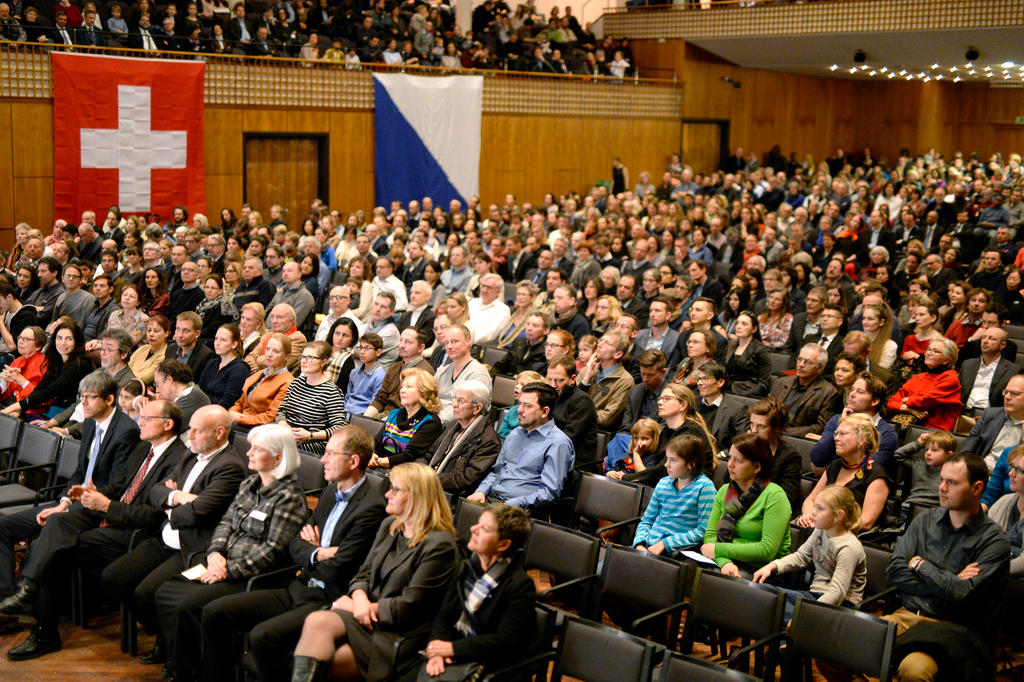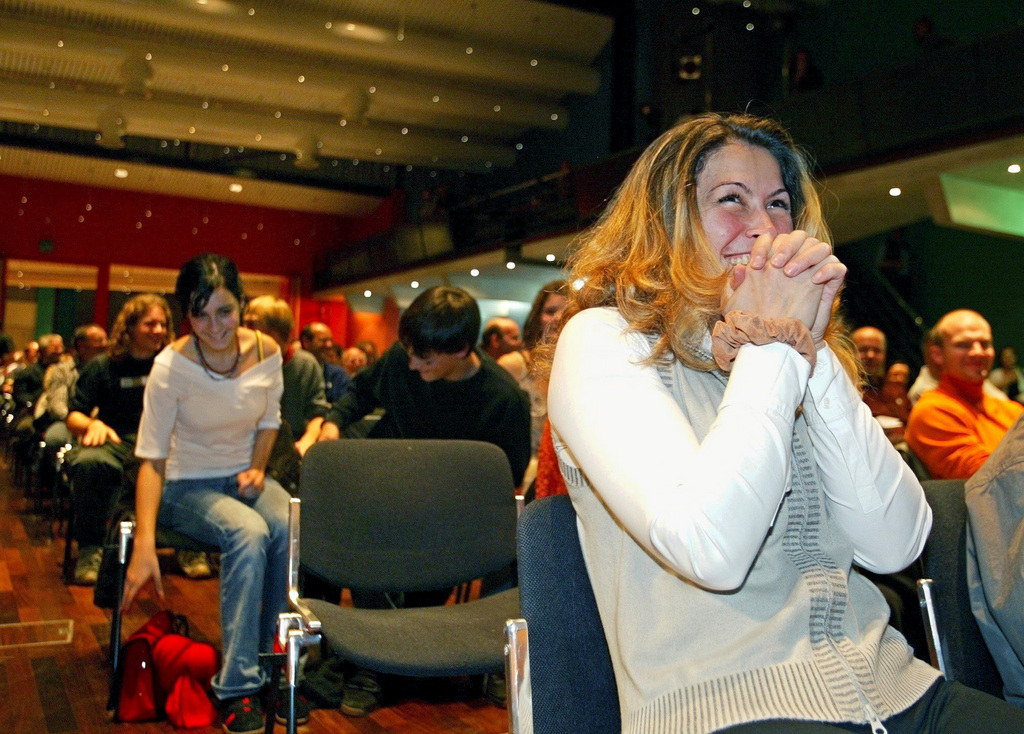Foreigners in Switzerland shunning the ballot boxes

Do you vote because you’re engaged, because you’re Swiss, or both, or neither? Research focusing on elections in one Swiss canton finds that foreigners, even when eligible, tend to be less involved in civic life.
The study, led by former University of Neuchâtel student Amit Juillard, finds that foreigners in some Swiss municipalities are not quite taking advantage of their rights: when they are entitled to vote, or to stand as candidates, it seems that they are doing neither.
Juillard, who presented the 150-page report as part of his master’s degree in 2017, focused on foreigners in the canton of Neuchâtel. He studied Swiss C-permit holders, who have lived in Switzerland for at least five years, and have been entitled to get involved in politics at the municipal level since 2007.
However, although 17% of the cantonal population holds this permit, less than 5% of local candidates during the 2012-2016 period were foreign citizens; the figure was less than 4% for elected officials.
When they did stand for office, foreigners were 20% less likely to succeed than their Swiss counterparts.
Equally striking are turnout rates. Considering the five election days of 2016 and 2017 – which included a mix of municipal and cantonal ballots (where foreigners can vote) and federal ballots (where they cannot) – the difference was stark: turnout of foreigners averaged around 18%, while for Swiss citizens it climbed above 48%.
‘Half-citizens’
Speaking to swissinfo.ch, Juillard said that, although voting and eligibility rights vary widely across Switzerland, extrapolating from the Neuchâtel case could be possible, as was shown in another report by think-tank Avenir Suisse, entitled “passive voting rights for active foreignersExternal link.”
Mainly, however, Juillard said, the findings are useful as “the first ever quantitative” backdrop to a debate that is often heard in Switzerland: “is the concept of citizenship tightly linked to the concept of nationality, or are they separable?”
As newspaper Le Temps noted Monday, reporting on his statistics, “the conviction that naturalisation is an indispensable condition for political participation remains dominant in Switzerland” – even though non-nationals make up 25% of the resident population.
Juillard hinted at this when he mentioned the idea of “half-citizens”: foreigners, such as those in Neuchâtel, who have eligibility rights at the local level, but still nothing at the federal, or national, level.
According to the interviews he conducted, this can sometimes lead to a perception of being “treated like children” – involved at a low level, but no further – which could be a factor in tempering the appetite for engagement.
Getting involved
Other factors possibly influencing political participation by foreigners vary from linguistic confidence, the complexity of issues to be voted upon, and wealth (“studies have shown that foreigners belong to lower socio-economic classes, which could explain a weaker participation”).
And when they do stand, it is hardly a surprise that most foreigners are found in parties advocating more immigrant rights. On average, in Neuchâtel, 11.3% of left-wing candidates are foreign; on the right, this figure drops to 3.9%.
swissinfo.ch/dos

In compliance with the JTI standards
More: SWI swissinfo.ch certified by the Journalism Trust Initiative













You can find an overview of ongoing debates with our journalists here . Please join us!
If you want to start a conversation about a topic raised in this article or want to report factual errors, email us at english@swissinfo.ch.